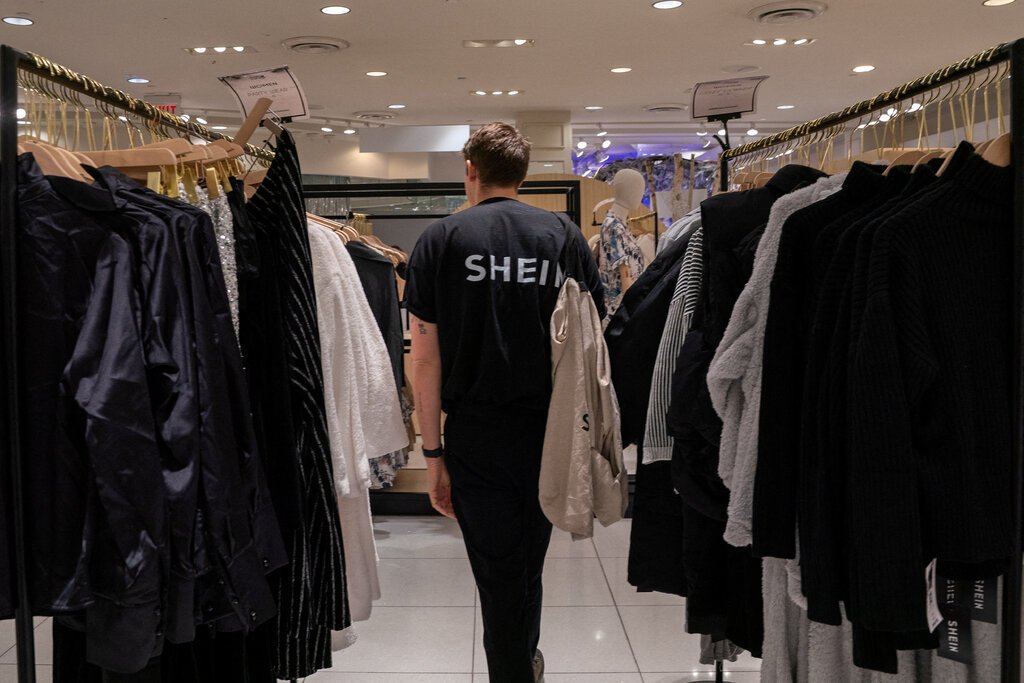Chinese-Owned Fast-Fashion Giants Embroiled in Ongoing Disputes Amidst U.S. Expansion
Washington, D.C. — In the latest escalation of hostilities between Chinese-owned fast-fashion retailers Shein and Temu, the latter has filed a lawsuit accusing Shein of employing “mafia-style intimidation” tactics, adding a new layer to their ongoing legal disputes. The lawsuit, filed by Temu’s US-based parent company, WhaleCo, alleges a range of aggressive actions by Shein, as reported by Fox Business [1].
Allegations of Unlawful Tactics:
Temu claims that Shein has utilized its dominance in ultra-fast fashion to restrict Temu’s access to suppliers, engaging in tactics such as exclusive dealing agreements and anticompetitive pricing floor requirements. The lawsuit alleges that Shein employees have gone as far as falsely imprisoning merchants doing business with Temu for extended periods.
In response to these accusations, Shein, which recently filed for a US IPO, vehemently denies any wrongdoing. A spokesperson for Shein told CNN [2] that the company believes the lawsuit is “without merit” and plans to defend itself vigorously.
Intimidation Tactics Leading to Super Bowl Campaign:
Temu claims that Shein intensified its intimidation tactics in the months leading up to Temu’s Super Bowl LVIII advertising campaign set to launch in February 2024. The motive behind these alleged coercive measures is believed to be the anticipated increase in traffic to Temu’s app and website during the high-profile event.
Broader Legal Landscape:
This lawsuit is not the first legal clash between the two rivals. Temu had previously filed a lawsuit against Shein in Massachusetts federal court in July, accusing Shein of violating antitrust laws. Shein, in turn, sued Temu in December for allegedly mobilizing social media influencers to disparage Shein online.
Government Scrutiny and Consumer Complaints:
Both Shein and Temu are under scrutiny from U.S. lawmakers, with the House Select Committee on the Chinese Communist Party releasing a report suggesting potential violations of Uyghur forced labor laws. The report indicates that both companies heavily rely on the de minimis exception to ship packages directly to U.S. consumers, avoiding screening for labor law violations.
The Better Business Bureau has received hundreds of complaints about both companies, particularly concerning the quality of products.
Shein’s Response and Industry Dynamics:
In response to Temu’s rise as a formidable competitor, Shein is accused of attempting to suppress competition and subverting the U.S. legal system. The report also notes accusations of Shein benefiting unfairly from de minimis, a U.S. trade provision.
Note: This news report is a compilation of information gathered from multiple sources as reported by Fox Business [1], CNN [2], and The New York Times [3]. We have not published this news initially.
References:
Temu Claims Unlawful Tactics, Including False Imprisonment, in Latest Legal Battle with Shein

